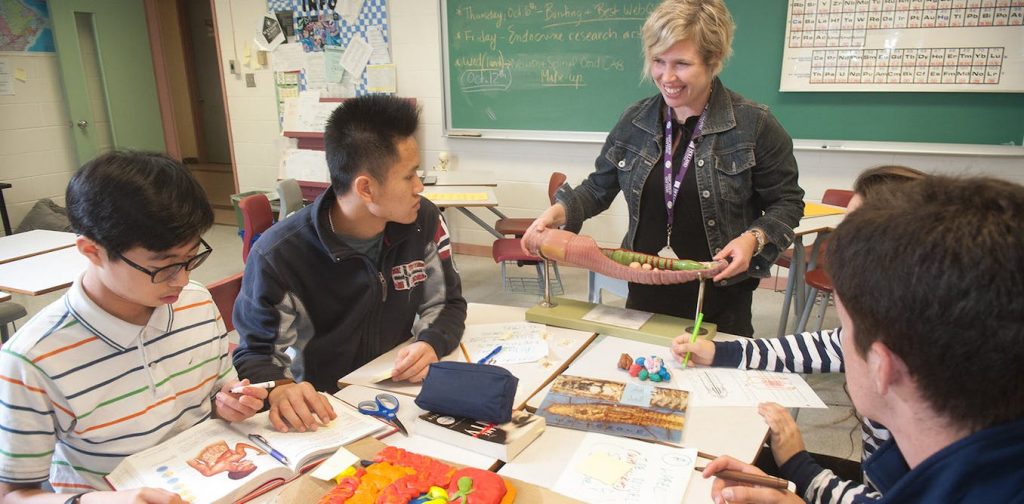Positive parenting can help protect against the effects of stress in childhood and adolescence, new study shows

The Research Brief is a short take about interesting academic work.
The big idea
Warm and supportive parenting may buffer against the effects of stress during childhood and adolescence. That is the key takeaway of our recent study, published in the journal PNAS Nexus.
Some children and adolescents who experience stressful events such as physical abuse or neglect have less tissue in a brain region called the hippocampus. The hippocampus plays a critical role in learning and memory and is also highly susceptible to stress.
However, in our study, we did not find a link between increased stress and reduced brain tissue in the hippocampus for young people who reported more warmth from their caregivers.
Positive parenting includes a range of warm and supportive techniques such as providing praise for doing something well, emotional support and affection. Contrast this with harsh parenting techniques, such as shouting and physical punishments.
As a first step, we explored whether positive parenting protected against a connection between childhood stress and behavioral problems in children.
We analyzed brain scans of almost 500 children between 10 and 17 years old using data from a project called the Healthy Brain Network. We measured brain tissue using structural magnetic resonance imaging, or MRI, a technique that allows us to look at the size of brain regions. To measure stress, we asked children about the number of negative life events they had experienced across family, community and school contexts and how distressed each of those events made them.
Results showed that positive parenting had protective effects against the connection between stress and behavior; in other words, children who had experienced more distress from negative events, but who also perceived their parents as being warm and supportive, exhibited less challenging behavior such as rule-breaking or aggression. We next examined how parenting buffered against a known biomarker of stress in the brain: less tissue in the hippocampus.
Consistent with prior research, we found that more childhood stress correlated with smaller hippocampal volumes. However, we found that children’s perception of having received positive, supportive parenting served as a buffer against the biological effects of stress. Even when young people reported high levels of distress from negative life events, those who perceived their parents as more supportive did not have reduced brain tissue in the hippocampus.
In contrast, we did not find this same protective effect when we looked at what caregivers thought of their parenting. In other words, if parents said they were supportive and positive in their parenting but the child didn’t see them that way, we did not see this protective effect.
Positive reinforcement can work in many situations and with people of all ages.
Why it matters
Past research has found that the hippocampus is smaller in children and adults exposed to high levels of stress in childhood. These smaller volumes are in turn associated with behavioral problems, learning and memory challenges and increased vulnerability to future stress.
Our study highlights the importance of nurturing parenting in promoting healthy brain development and resilience in children. By fostering an environment of warmth and support, caregivers can help children cope with stress more effectively. Dozens of studies have found that positive parenting practices – such as helping children name emotions and providing a space for them to disclose feelings without judgment – can help kids get through difficult events.
What other research is being done
Our team’s work and that of others underscores that stressful experiences can have a detrimental impact on development. Many researchers are trying to understand which aspects of stress matter and how.
For example, experiences that are threatening, like violence, may influence the brain and behavior differently from experiences of deprivation, like not having enough food.
At the same time, while researchers think that certain types of stress have particular characteristics, the person experiencing the stress may not feel that way. That is, not having enough food might feel very threatening to the person going through it. Our study indicates that it is critical to center the perspectives of those directly affected by the stress in this area of research.





